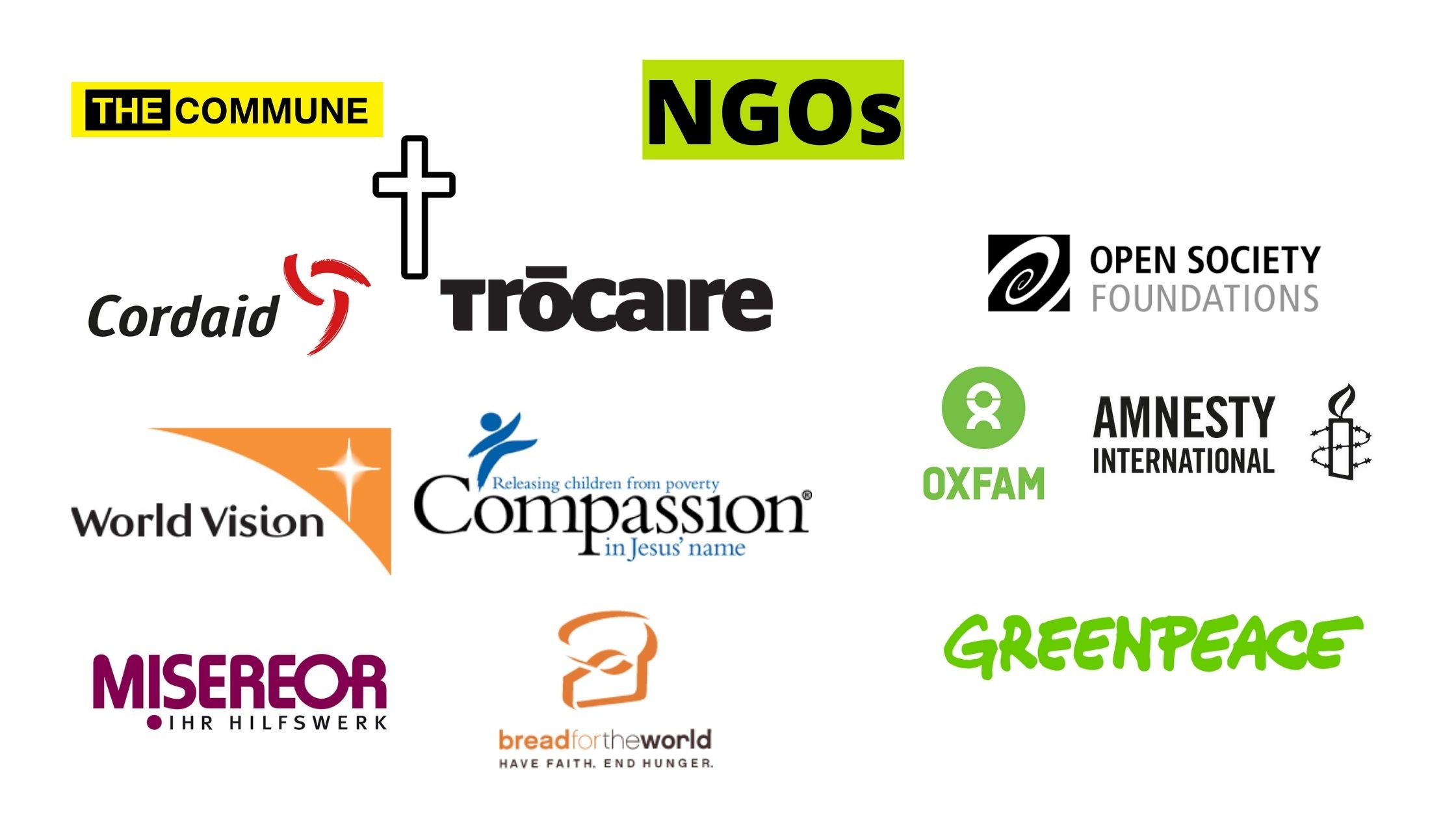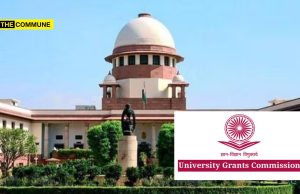
The Foreign Contribution Regulation Amendment Bill, 2020 was introduced by Nithyanand Rai, Minister of State, Home Affairs on the floor of the Lok Sabha on 21st September which was subsequently passed by both houses of Parliament. This bill does make very distinctive changes to the 2010 version introduced by the then UPA government which primarily defines the role of the government in regulating the acceptance or utilization of foreign funds by individuals and organizations. Although these amendments may just appear as another routine legal update exercise it will surely have ground impact affecting the nexus between foreign donors and organizations in India, having vested interests against the country.
The amendments
There were 10 amendments moved against the current legislation. Here are some pertinent and important ones:
Firstly, under this amendment NGOs can only spend 20% of the foreign funds received for administrative expenses of the organizations. Previously, this upper percentage was 50%. Secondly, in addition to judges, government employees of PSU (defined as per Section 617 of the Companies Act) or govt. servants (defined as per Section 21 of the IPC) cannot receive any foreign
donations as per the proposed amendment. Thirdly, it prevents a person or NGO from transferring its fund to a third party even if the latter has a FCRA Certificate or was permitted to receive such contributions. Fourthly, it also instructs that a FCRA certificate holder can receive foreign contributions only in an account called the “FCRA Account” which must be opened in a particular branch of the State of Bank in New Delhi for remittance purposes. Fifthly, any registration or renewal for/of an FCRA certificate of an organization will now need Aadhar card details for all its directors or office bearers and a passport or an OCI card in case the office bearer is a non-citizen.
The government made it clear while introducing the bill saying that this bill was to increase state surveillance of foreign funds coming to India so that these funds aren’t used against the national interest of the country or for “anti-national” activities which threaten the integrity of the Indian State. The government also categorically stated that this amendment is not against the NGO structure or framework but rather desires to bring about a transparent process regarding the financial sources of these institutions.
Critics of this bill like the TMC and Congress cite that these changes will be a hurdle in the conduct of business of Civil Society Organizations (CSOs) and the govt. is trying to vilify certain religious communities by introducing these amendments. Executive Director of National Foundation of India, Biraj Patnaik criticized the restriction of spending only 20% of foreign source funds on administrative matters. He says that these regulations would cripple the working capital of advocacy and research organizations which may have to close down if this restriction comes into effect. He also points out that by debarring the transfer of foreign funds to a third party many grass root CSOs which are financially dependent on large ones will also. OxFam’s CEO Amitabh Behar claims that, “these amendments would stifle and squeeze the non-profit sector by creating new hurdles for foreign aid.”
Significance of these reforms
In 2019, the Ministry of Home Affairs had cancelled the licenses of 1300 NGOs. In fact, one should remember the CBI raid against prominent lawyer, Indira Jaising for FCRA violation on receiving a contribution of 32.39 crore from foreign sources over period of 2006-2015. In the first of week of September 2020, more than 13 NGOs who alleged misappropriated funds for religious forceful conversions in various tribal areas of Central India were called out by
the Home Ministry and their licenses were revoked. In fact, the existing FCRA legislation was brought by the UPA quashing its 1976 precursor in view of the agitations instigated by NGOs regarding the establishment of the Kudankulam Nuclear Plant in Tamil Nadu.
In this light it is important to the read proposed amendments of the FCRA. Firstly, the most significant change is the ban on transferring FCRA funds to third parties. In the FCRA Report of the Ministry of Home Affairs, it is to be noted that more than 10-15% of the inflow of FCRA funds of any financial year is transferred to various other CSOs as well as non-CSO organizations. The same data shows how these funds in South India help in funding some religious groups who coercively proselytize a large of people from margalinized economic and social backgrounds under the garb of human welfare and economic empowerment despite the SC in the Rev. Stainislaus vs. State of Madhya Pradesh holding the pratice unconstitutional under Article 25. A tip of this iceberg became visible during the 2004 aftermath of the tsunami wherein US-based Episcopal Relief and Development ordered an enquiry into some official funds being transferred to the Church of South India in an article of Indian Express dated on 12th October , 2009. A report of the Intelligence Bureau of 2014 shows that prominent organizations like Greenpeace are trying to “derail economic development” by misappropriating foreign funds to certain Naxal groups in parts of central India. In fact, the NIA also after a long pending investigation in one of its report noted that certain NGOs who in the guise of helping the victims of 1984 Sikh Riots in fact helped in funding certain Khalisthani separatists forces like the Khalisthani Zindabad Force thereby trying to revive the Babbar Khalsa Order. Hence this amendment naturally has heckled this nexus between NGOs and certain evangelical and separatist groups for national security interests.
Secondly, the idea of introducing a “FCRA Bank Account” under a SBI Branch in New Delhi will surely help in keeping intact revenue intelligence and thereby enabling the State to have an easier mechanism to track where these funds are transferred to as well as the nature of the financial transactions of the CSOs. An RTI reply in the form of an India Today article in 2008 suggests that around 9000 NGOs in India have not submitted their financial statements for the past three years thereby trying to whitewash where the acquired foreign funds where spent. Thus to prevent the violation of accounting standard and for the govt to maintain records on the source of the foreign fund, this move should be welcomed. The Aadhar Card details (or OCI / Passport details) move to is welcomed as this will enable a transparent assessment of the directors or office bearers of the NGO. Also, by extending the criterion of not to receive any foreign funds to all government servants (including PSU employees) as there persisted this fear that some officials working at the behest of these CSOs become lobbyists for them. This change hopes to remove this problem as official who acted as lobbyists would cause a lot of policy paralysis by either brazenly opposing a policy or not act on the policy if it doesn’t suit their vested interests
Thirdly and lastly, by reducing the administrative expense to 20% from 50% of the foreign funds received will put a check on the unnecessary interjections of these institutions in legal activism as per a survey which states that majority of the admin expenses are used for litigation .Analysis done by By2Kaafi, a prominent blogger who tracks and analyses FCRA inflows, on the various PIL filed by NGOs will show how these establishments try to import a cultural Marxist model in the façade of the human development to do away with people’s indigenous traditions and customs irrespective of these customs being legal tenable or not. A prominent example is the intervention of PETA and AFIB in banning traditional sports like Jalikattu in Tamil Nadu and Kambala in Karnataka despite even understanding the origin, the nature and ground reality on how these festivities are conducted when they filed a PIL in the SC seeking their ban under the farce of animal welfare and rights. Thus, by stifling the funds of these CSOs not only does the government fulfil its obligations under Articles 25-30 but also saves the judiciary from the over burden of cases which are caused by excessive legal activism as pointed by the SC in the CPIL matter where the CSO had filed more than 50 petitions in 2016.
Though the FCRA Amendment Bill 2020 faces a lot of opposition, these changes will have a long-lasting impact in strengthening India’s national security, promoting her economic development and thereby protect the socio-cultural rights and welfare of her people from not only intrusions from abroad but also from within.




